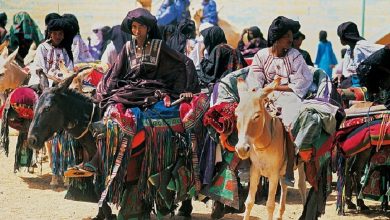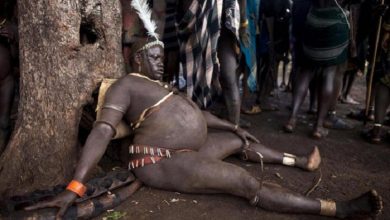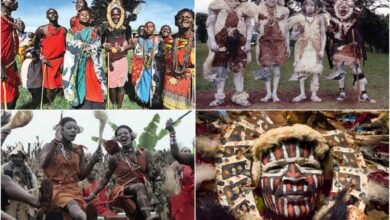Modern cannibalism: places where same species consume as food
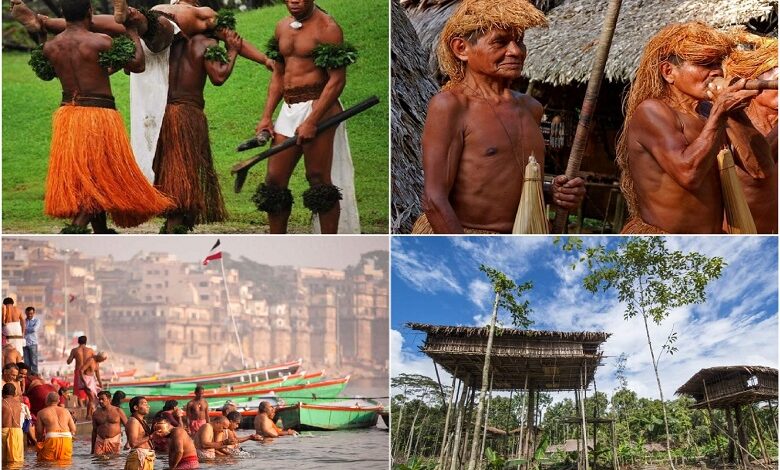
Globalization is greedily devouring the uniqueness of countries and regions. More and more original beliefs and traditions are becoming a thing of the past; they replace all sorts of Halloween, which have nothing to do with most peoples’ culture.
Fortunately, it is still very far from the transformation of the whole world into a monotonous Americanized mass. The planet is full of places where customs unique to outsiders, including such extravagant ones as cannibalism.
Wari tribe, Brazil
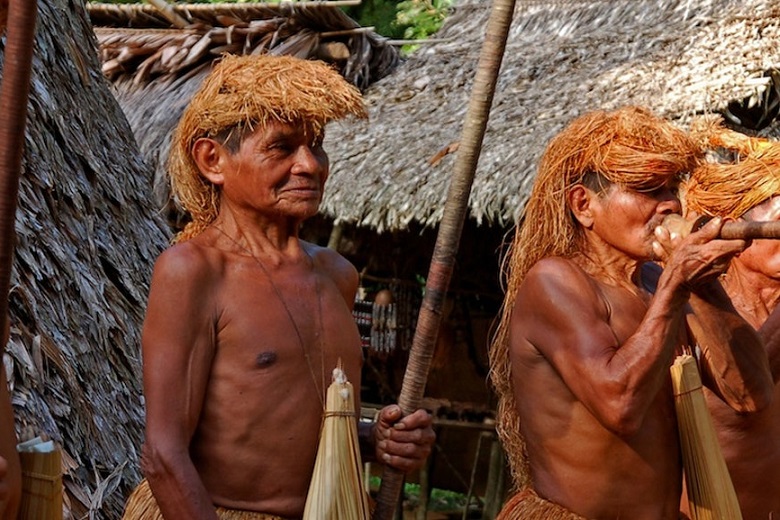
In the forests of the Amazon, a small tribe of Wari lives. There are no more than two thousand of them left. This tribe was the last of all South American tribes to make contact with the civilized world; this happened only in the 1960s. Then their terrible ritual was revealed, which, upon deep study, turned out to be filled with morality.
After a person dies, they store the body until all the deceased’s relatives can arrive at the site. It usually takes about three days. When everyone assembles, the body of the dead is fried and eaten. The deceased’s blood relatives do not participate in this; they only watch how distant relatives eat—also, all the property of the dead burn.
The meaning of this ritual is that it helps to come to terms with losing a loved one. Nothing reminds the relative of the deceased anymore. The thought of leaving the body in the damp Earth to decompose is as terrible to the cook as the thought of cannibalism is to us. American Betsy Conklin, who lived with the Wari for 18 months, chose a very accurate metaphor: “consuming grief.”
Varanasi, India
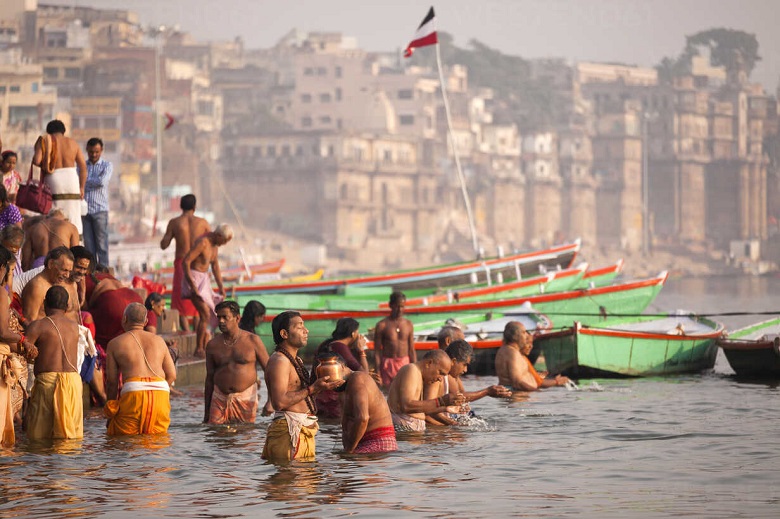
Founded a thousand years before the birth of Christ, Varanasi is one of the sacred cities of Hinduism; tens of thousands of Hindus from all over the world come here every year. In their view, this ancient city is the center of the universe. Albeit sinister, but so epochal traditions flourish here that no one dares to trample them.
Death in Hinduism is only one of the stages of Samsara, a milestone in the wheel of rebirth. And all Hindus strive for Moksha – the completion of this cycle, the endpoint. The Aghori, the ascetic religious sect of Varanasi, take a shortcut.
They perform nocturnal rituals on the remains of people whose corpses, according to Hindu custom, are burned on the banks of the Ganges, gaining the opportunity to get as close as possible to Moksha. Aghoris are easily recognizable: they are smeared from head to toe with cremation ash and wear necklaces of bone.
Now, in India, there are about a thousand active members of the sect. Despite the shocking rituals, the Aghori treated with condescension. Indians believe that if they prevent the monks – “Shiva’s chosen ones” – from eating the dead and performing rituals, their souls will curse. There are no legislative restrictions on this in the country.
Korowai tribe, Papua New Guinea
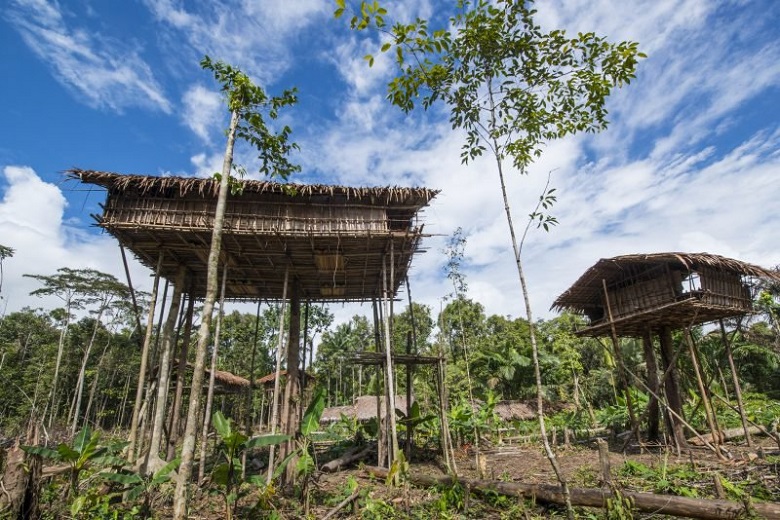
Papua New Guinea has more cannibals than supermarkets. Due to the lack of protein food, the natives often dine with their comrades. True, in recent years, due to the Kuru disease epidemic, the scale of cannibalism has significantly decreased. But not in the loaf tribe. For its representatives, eating a dead person is revenge.
Fiji Cannibals

All of the above cannibals are not dangerous to outsiders and never kill people to eat them. But this cannot say about some of the indigenous people of Fiji. Of course, Fiji is no longer such a wild place in the 19th century, when even missionaries were afraid to come here. However, the forests are still inhabited by tribes that remain faithful to tradition. They still kill their kind for food.
Not only are the tribes often at odds with each other (these clashes almost always end in a bloody feast over the defeated), but they can also dine with tourists who accidentally wandered where they should not.
In the summer of 2016, a message flashed in the news feeds that a married couple from Ryazan disappeared in Fiji without a trace. Presumably, cannibals devoured her.

